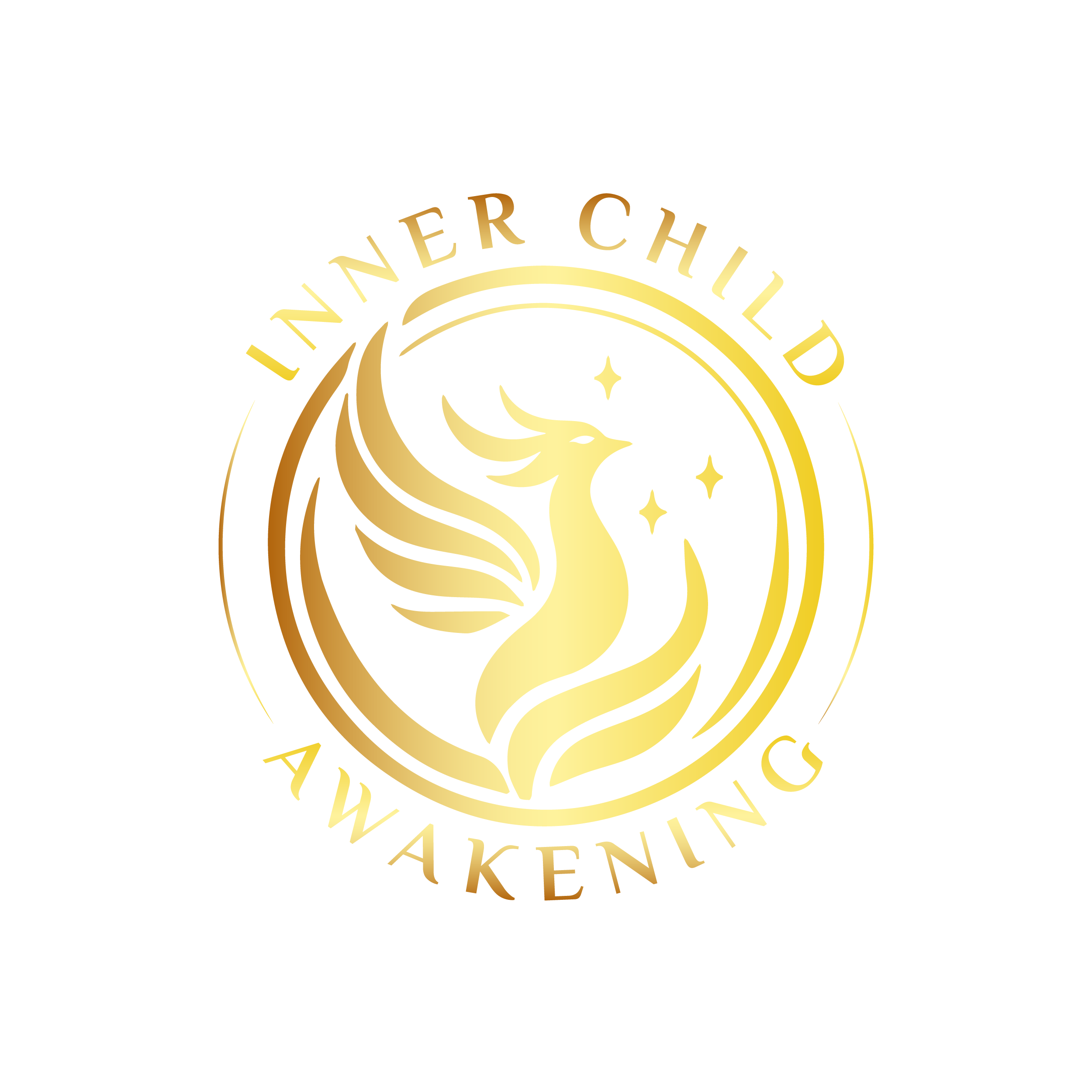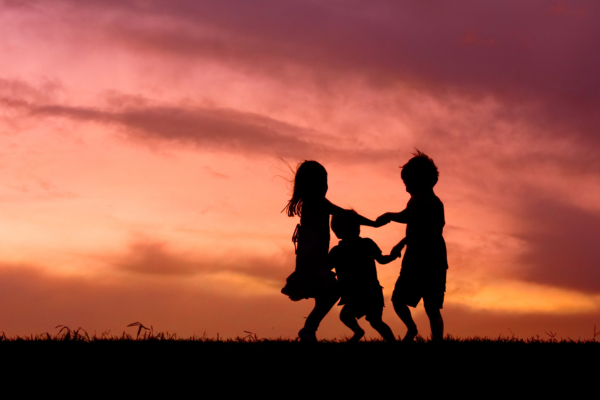As we grow up, childhood experiences form our personalities, behaviors and perspectives as adults. These early life experiences, many of which hide deep in our subconscious, shape how we interact with the outside world and others and manage stressors. Knowing how childhood affects adulthood can give us a new perspective on where we are now and help ground any work in the rest of our lives to grow or heal from here.
The Significance Of Early Education.
Significant brain development occurs during a child’s early years. The brain is highly plastic during this period and can easily adapt to the environment. The more than 700 neural pathways we form in our first few years of life—based on the interactions a baby or child has with their caregivers, environmental stability, and emotional experiences they encounter—all powerfully shape behavior.
For example, children who grow up in loving and supportive atmospheres are likely to have healthy self-esteem and willpower. These categories refer to whether or not the infant has a secure attachment, meaning if there is an emotional bond between them and their caregiver(s) that provides comfort in times of pitfall. Securely attached kids can develop into confident, independent adults with solid skills for formulating relationships. Understanding how childhood affects adulthood is crucial, as it highlights how childhood development affects adulthood behaviors, relationships, and decision-making processes. Early life experiences and how they shape us continue to influence our actions and emotional responses long into adulthood, demonstrating the enduring impact of a secure and nurturing childhood environment.
However, when children are raised in neglectful or abusive environments with inconsistent caregiving behaviors, that child may develop insecurity. These early experiences may result in emotional dysregulation, challenges with trusting relationships, and the development of maladaptive coping strategies later on.
The Role of Attachment Styles
A psychology theory called attachment, first studied by Timothy Bowlby in 1969, says the emotional bonds we develop as a child with our primary caregivers is how we will attach ourselves to others in our adult life. That is why it is better to be understood by type, of which there are four:
Security Attachment—Children who have security attachments feel safe and supported(as mentioned earlier). They are comfortable in the world enough to explore and return, knowing their caregivers will be there when they need them. And they usually grow to be adults with a well-developed capacity for trust.
Anxious-Preoccupied Attachment: The Anxious-Preoccupied pattern typically arises when caregivers are periodically there and sometimes not, leaving children wondering whether they might or might not receive the required attention. In later life, people with this attachment style can develop feelings of insecurity in their relationships, often seeking constant reassurance from partners and fearing that, at any point, they will be abandoned.
Avoidant Attachment: Children who are emotionally neglected or raised by caregivers who do not provide emotional support can develop an avoidant attachment. And they often protect themselves in this way from intimacy, which makes it really hard for them to get close friends and romantic partners.
Disorganized (rare): Most frequently a product of trauma or type-A abuse, this attachment style does not make for the most complete methodology to manage relationships. Adults with a disorganized attachment style may be ambivalent and feel inconsistent about relationships, feeling ecstatic one second and hopeless the next.
These attachment styles, largely inborn from childhood experiences with caregivers, are powerful determinants of how we approach romantic relationships as adults and manage stress and social interactions.
Adverse Childhood Experiences (ACEs): What is the Impact?
Adverse Childhood Experiences (ACEs): Traumatic events in a child’s life such as being separated from family, physical or emotional abuse and neglect, witnessing domestic violence, and growing up with a parent who has untreated behavioral health illness substance can cause disorder. The Adverse Childhood Experiences (ACEs) study, published by the Centers for Disease Control and Prevention CDC with Kaiser Permanente in 1998, is a landmark research that showed that how childhood affects adulthood leads to health problems later on.
People with more adverse childhood experiences have a greater chance of becoming addicted to drugs and will likely also experience chronic diseases as adults (such as heart disease, diabetes, etc.). The stress and trauma from these early experiences can alter the course of brain development in regions critical for regulating emotion, executive functioning (e.g., impulse control), and decision-making.
The Role of Inner Child Work
What is inner child work? Many adults still carry their unresolved emotions, fears, and beliefs from childhood into the present. Through inner child work, it is possible to begin working through these deep-seated issues and lead a healthier and more fulfilling life.
Inner Child Work Exercises:
Journaling: Writing letters to the inner child/Journal of childhood memories helps surf the unhealed issue.
Meditation and Visualization—There are many guided meditations on reconnecting with your inner child that can help you find a safe place to visit those old wounds.
Art Therapy: Drawing, painting or creating other art forms to express emotions can help access and process feelings that may be hard to put into words.
Holding window for inner child: You can enjoy engaging in activities that you enjoyed as a kid, such as playing with toys or other forms of creative play, to reconnect with the innocent and happy parts of childhood.
This is especially powerful for those who have ever been through any trauma or neglect as a child. This is when adults can begin to heal by acknowledging and validating the inner child’s emotions, letting go of old programming that no longer works.
Why Childhood Conditioning Carries Forward Into Adulthood
Kids soak up everything, which unfortunately means they also pick up on the behaviors and attitudes their parents (or caregivers) have toward food. Conditioning substantially influences beliefs, values, and emotional patterns—most of which do not serve us well as grown adults.
If a child is given constant criticism or told that they cannot amount to anything, then this type of programming can lead them into adulthood with the belief that there must be something wrong with them because they are not good enough. This belief, shaped by how childhood affects adulthood, can take the shape of perfectionism, chronic self-doubt, or a fear of failure in adulthood. The child who has been conditioned to be rewarded for certain behaviors may continue looking for validation and approval via those acts as an adult, even if they are no longer serving them. This is a clear example of how childhood development affects adulthood, illustrating the profound impact of life experiences and how they shape us.
Recognizing these learned behaviors could be the initial step to transforming them. With therapy, reflection and personal development work, we all can identify these patterns in ourselves and discover new ways to think and behave.
Positive Childhood Experiences
And while so much attention is frequently given to how hurtful adverse childhood experiences can be in driving adult behavior, it’s just as important to understand and recognise the good stuff. Love and esteem from childhood can lead to a stable sense of self-worth in adulthood
Healthy emotional and psychological development involves supportive relationships with caregivers, positive reinforcement from the environment, and opportunities for play and exploration. For example, adults who report higher quality of care as children exhibit lower levels of stress but are also more likely to form secure attachments and develop confidence in goal attainment.
Conclusion
The things we experience in our childhood set the tone for how our adult life will be. Our attachment styles, beliefs and behavior patterns — from the indoctrination we receive because of society alone— start forming during those years. The resulting adversity in adulthood has spawned a healing industry designed to heal people of their past experiences. Likewise, finding and developing positive experiences during childhood might make a child more resilient or have a strong self-identity. The basis of how we lead our adult life is largely a strinkling together of the snippets of memories from where we were born and childhood.

